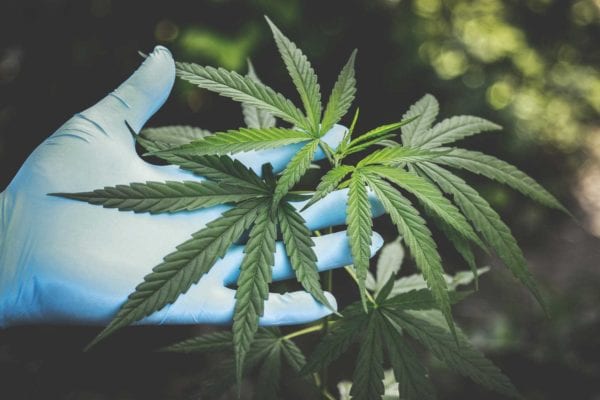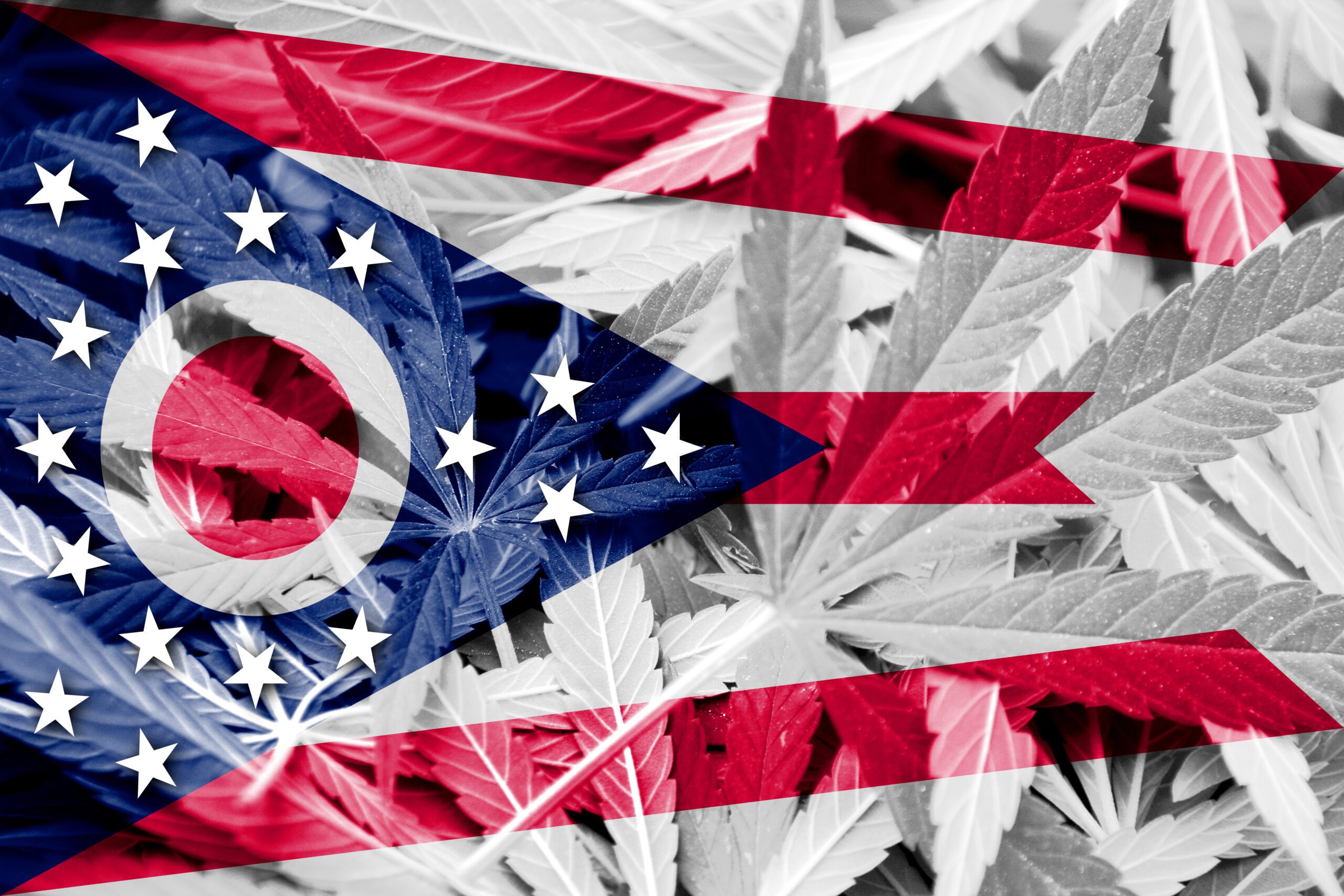Cannabidiol, or CBD, is a compound found in cannabis that is surging in popularity. It is making a grand entry in the wellness world owing to its wide range of medical and therapeutic benefits. Unlike the active compound present in cannabis, called THC, CBD taken by itself does not cause any intoxication.
Some facts About CBD:
1. CBD works best with THC
Also known as the “entourage effect”, the combination of CBD and THC produces a synergy that has a more profound effect on our bodies. This is beneficial for people who reside in places where marijuana is legal, such as Canada.
2. Hemp-derived CBD is legal
Marijuana and its byproducts are illegal in many states except for a few. However, as industrial hemp has a low THC content (less than 0.3%), it is now federally legal. CBD products derived from hemp are FDA-approved and completely safe for consumption. Look for CBD derived from therapeutic (cannabinoid-rich) hemp, as it is less likely to contain contaminants.
3. Not All CBD Products Are The Same
With so many CBD products springing up, it can be hard to distinguish the real ones from duplicated or adulterated ones. You should only trust CBD products sold by reputable sellers or state-regulated medical or recreational cannabis dispensaries.
Effects Of CBD On The Human Body
CBD acts comprehensively and dynamically, depending on the situation of our body and brain. It works to create a state of homeostasis or balance in our bodies and also works with a multi-target mechanism to promote holistic development and proper functioning. It can have multiple effects on the body at the same time, some of which include:
1. CBD Interacts With Our Endocannabinoid System
Although CBD interacts with many receptors in our brain, it mainly interacts with our body through the endocannabinoid system(ECS). The ECS is a system of receptors distributed throughout our body and is also called the master regulatory system. Therefore, by directly affecting the ECS, CBD has potential applications for the treatment of many diseases.
2. CBD Has A Direct Relationship With Our Central Nervous System
By acting on serotonin receptors, and regulating GABA and glutamate, CBD can positively affect our mood and sleep cycle. Research has also revealed antidepressant, anxiolytic, antipsychotic, and general mood-regulating effects. CBD activates the CB1 receptor, which aids in relieving depression, lowers anxiety, and reduces fear and paranoia.
3. CBD Has A Plethora Of Physiological Benefits
CBD acts as an antagonist for GPR55 receptors. These receptors are widely distributed in the cerebellum of the brain and help to control bone density and blood pressure. CBD also acts as an anti-angiogenic, meaning it can destroy fine networks of blood vessels located within tumors that prevent them from spreading or growing further. Therefore, it can help to fight different types of cancer and malignancies in the body.
4. CBD Regulates Pain And Inflammation
By activating vanilloid receptor type 1 (called TRPV1) in our body, CBD helps in regulating pain, inflammation, and body temperature. This inhibiting effect of CBD on TRPV1 has an analgesic effect on the body. After using CBD, users who have arthritis and chronic pain noticed a significant drop in inflammation and signs of pain, without additional side effects. Anecdotal evidence also suggests the same benefits along with the compound’s potential for treating chronic neuropathy pain.
5. Triggers Various Receptors Throughout The Body
CBD interacts with various receptors throughout the human body. By targeting the serotonin 1A (or 5‐HT1A ) receptor, CBD attenuates autonomic responses to stress and leads to a reduction of anxiety. This opens the potential for CBD in the treatment of psychiatric disorders, such as depression, anxiety, and post‐traumatic stress. By activating 1A receptors, CBD could have antidepressant and anxiolytic effects on the human body. This shows promise in the treatment of Alzheimer’s, depression, and schizophrenia.
How Long Does It Take For CBD To Show Effect?
Every person is different, and the effects of CBD may be different for different people. You may feel its effect immediately, or it may take up to an hour or more for you to realize it. Many people often report a steady decline in visible symptoms, like seizures, whereas others talk about an improvement in general wellness like good sleep and lower stress levels. You may still feel the effects of CBD topicals for the next few days after application, as they work their way out of your system.
How Long Does The Effect Of CBD Last?
CBD is a botanical supplement, so its effect lasts as long as you’re taking it. How your body processes CBD and how soon it leaves your system depend on your method of consumption. To reap the maximum benefits of CBD while ensuring its long-lasting effect on your body, be sure to source your CBD products from a certified dispensary like CBD Oil Canada.
What’s The Right CBD Dose?
There is no fixed dosage for CBD. With ongoing research and legislation regarding issues involving marijuana, the Food and Drug Administration (FDA) agency has not issued a recommended daily dosage. The right dosage depends on several factors like the concentration of CBD to be consumed, your weight, and the severity of the condition being treated.
New users can start with soft gels or capsules because they offer pre-portioned amounts of CBD. It is recommended to start with a small dosage and then work your way up once you’ve understood its effect on your body.
Is It Possible To Overdose On CBD?
If your CBD products don’t contain any THC, you will not overdose on CBD even if you’re never consumed it before. CBD exhibits no abuse or dependence potential in humans. However, any dose above your therapeutic dose can induce drowsiness and sleep. In some cases, it may also cause diarrhea, fatigue, or changes in appetite.
If you’re using pure CBD like CBD oil Canada, you’ll most likely not get sick or experience any side effects. However, your body can build up a tolerance to cannabidiol if you take it too much. Therefore, it is better consumed in proper dosages.














